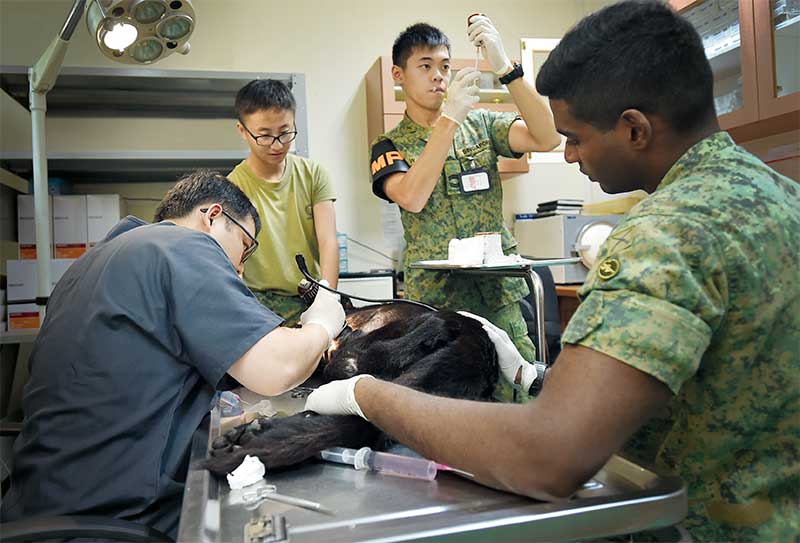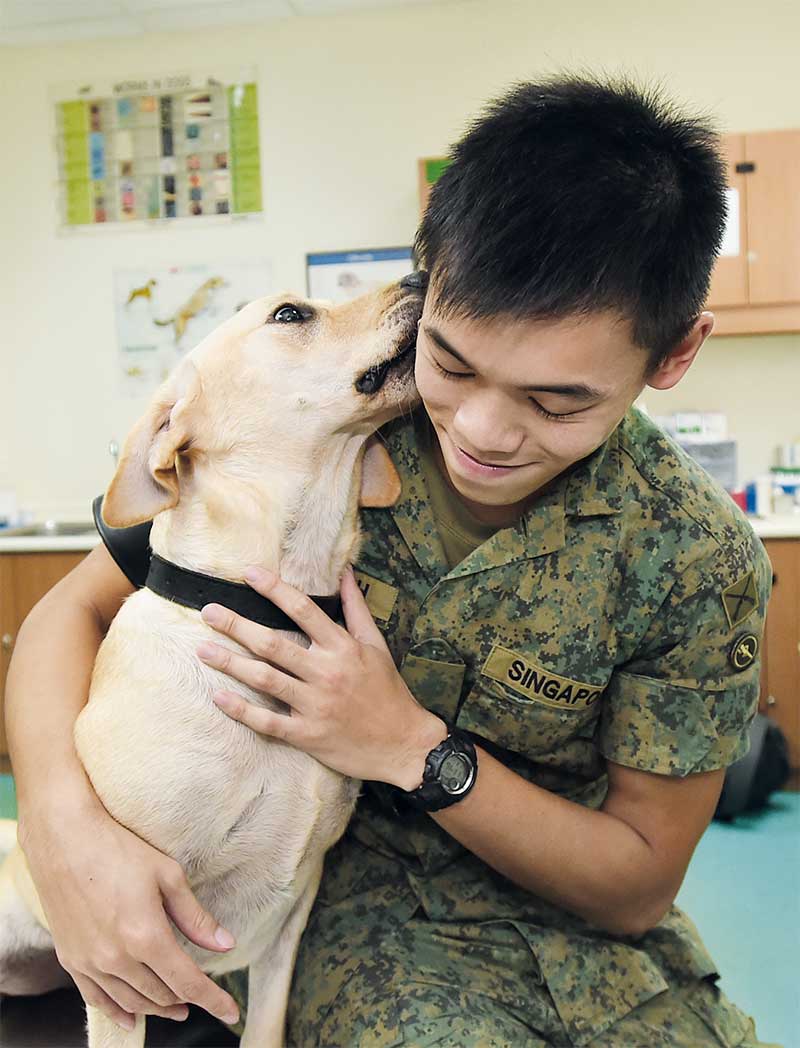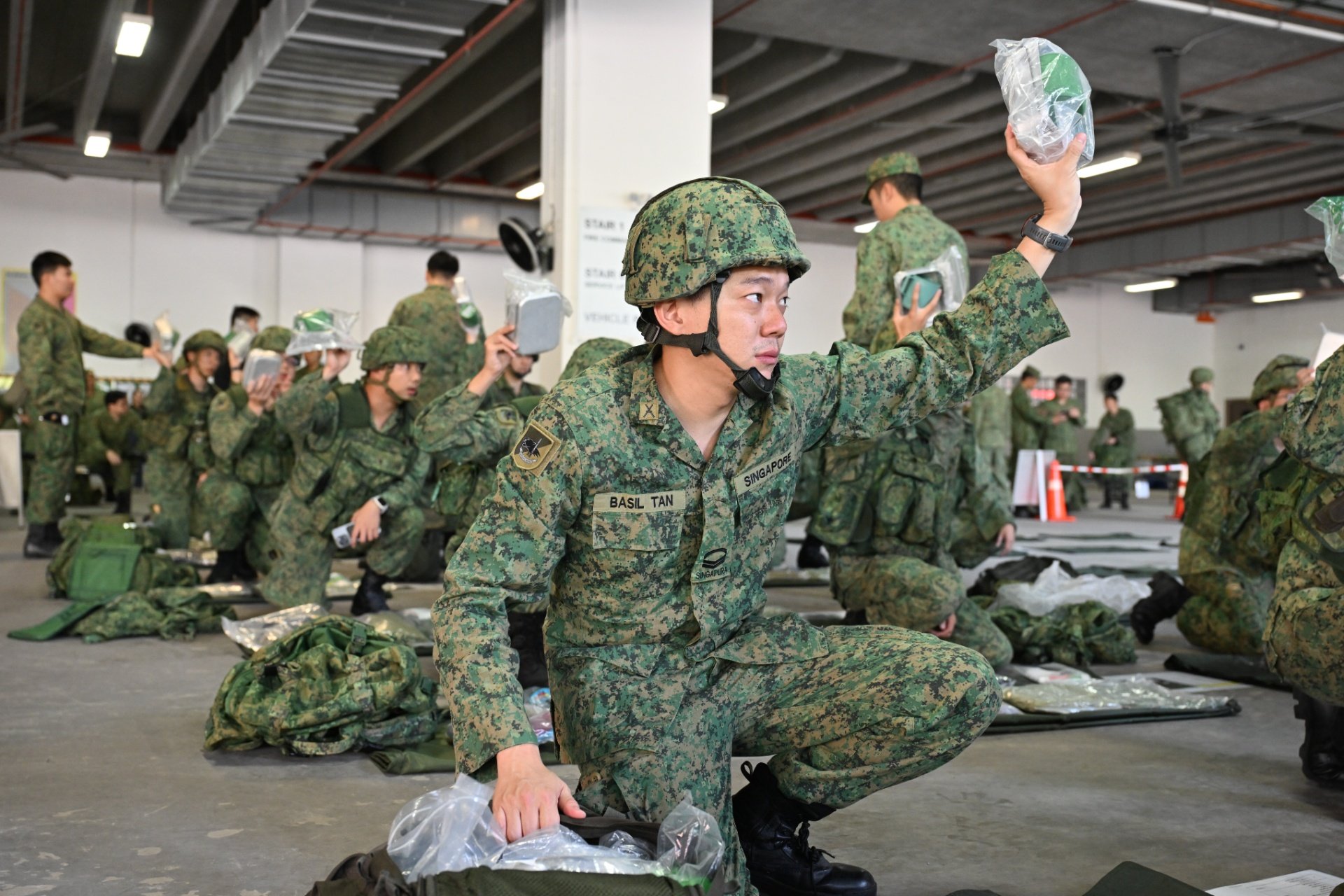OPS & TRAINING
CANINE CLINIC
01 Apr 2017
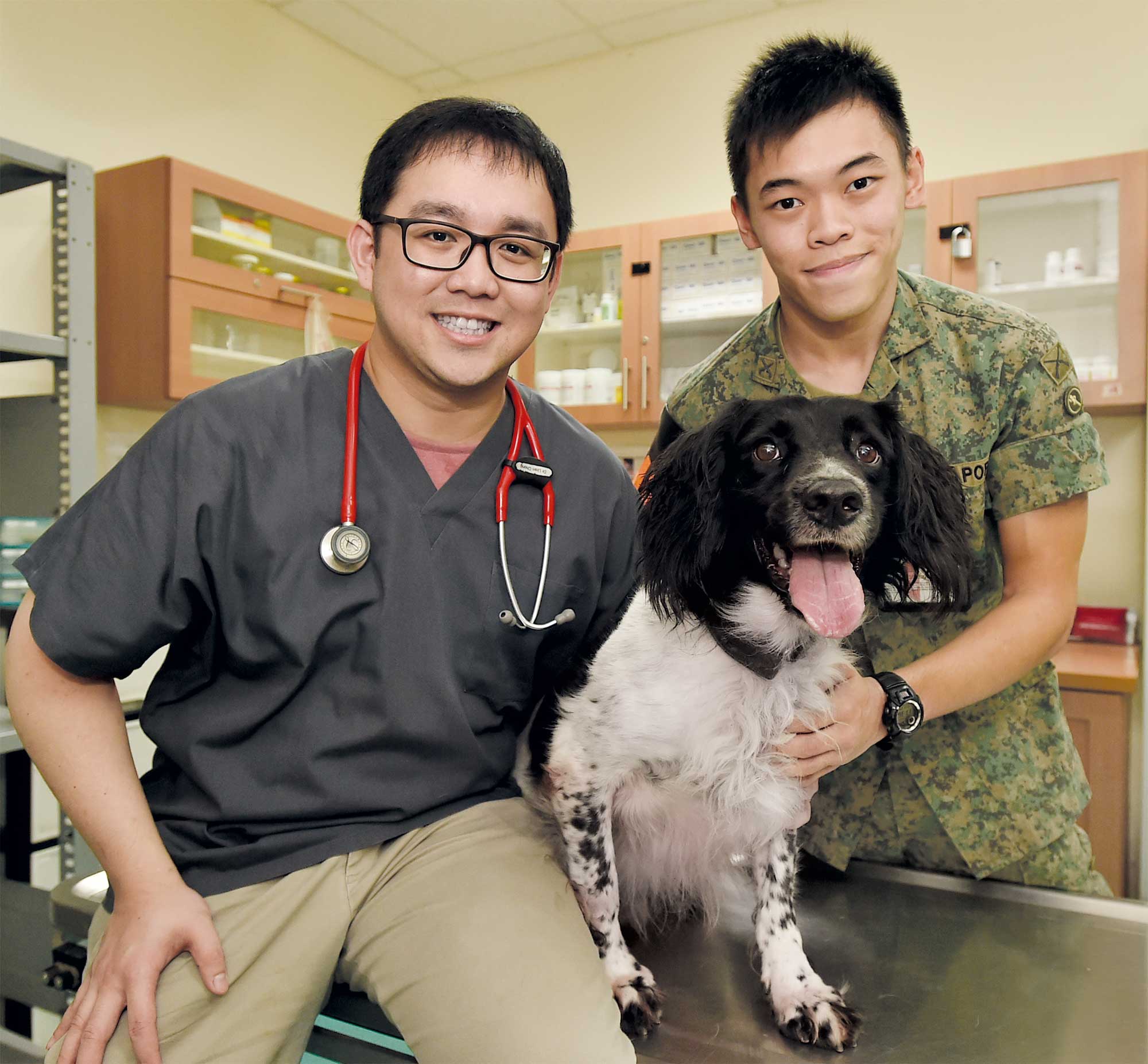
Canine clinic
From taking care of nutrition to vaccinations, the Vet team in the Singapore Armed Forces (SAF) Military Working Dog Unit (MWDU) works tirelessly to ensure that its canines are barking fine.
When we think of vets, we usually imagine them in a surgical gown or a lab coat -- but what about a No. 4 uniform?
These veterinary officers and technicians are responsible for providing medical treatment and preparing appropriate diets for the SAF's military dogs. The MWDU's four-legged soldiers serve as guard dogs to patrol key installations or sniffer dogs to detect narcotics or ammunitions and explosives.
"Our role is to ensure that the military working dogs' well-being is prioritised, and maintain a good standard of care for them," said 3rd Sergeant (3SG) (NS) Chong Lip Ren, a Veterinary Officer.
For the love of animals
A professional veterinarian, 3SG (NS) Chong is driven by a passion to help animals. "Together as a team with the handlers, we look into preventative healthcare, dietary and nutritional needs, husbandry care and management of kennels.
"For example, we often treat the dogs for ear infections, sensitive skin and health issues normally associated with old age."
Working at the MWDU during his In-Camp Training has also allowed him to learn more about canine sports medicine, conditioning and rehabilitation after injuries. Said the 33-year-old: "There are uniformly high standards of care for all our dogs in the SAF. The dogs undergo a strict training regime, and their exemplary attitude in training and at work has given me greater insight into animal behaviour.
"We definitely owe it to these dogs for their service to take good care of them."
Adding bite to the team
For Corporal First Class (CFC) Timothy Koh Jia Wei, having the unique opportunity to work with dogs during his National Service (NS) is something that he will always treasure.
"The special bond developed between handlers and their dogs never fails to amaze me. Seeing the love and dedication that the handlers have for their canine buddies, as well as the affection reciprocated by their dogs, inspires me to do my best for both the dogs and handlers."
Being a veterinary assistant, however, is not all play and no work -- the 22-year-old has to literally get his hands dirty when taking care of animals. "I had to get used to being covered in poop, pee, puke and other bodily fluids!"
He added: "Being in this unit has equipped me with the relevant skills and dog handling techniques which will be essential for my prospective career in veterinary medicine. It has also instilled in me a strong sense of compassion for dogs."
Elaborating on one of the more memorable cases he has encountered, CFC Koh said: "There was a dog that suffered an episode of Gastro Dilatation Volvulus (bloating in the stomach that causes it to rotate or twist) in the middle of the night which required immediate treatment.
"Both the vet and I rushed down to perform the medical procedure and managed to save the dog's life. This dog is now happily living out its days with much TLC in the dog unit."
Handling the action
The dog handlers' motto is "Kindness, Firmness and Patience". While the Vet and Operations sections of MWDU may seem disparate, 3SG Brian Dalston believes that they work hand-in-hand to ensure the dogs are well taken care of.
"Part of a handler's job is to groom his dog. While grooming, we always keep an eye out for things such as cuts, abrasions or anything out of the ordinary such as a bloated stomach. If we spot something, we'll approach the vet and get advice on what we should do to improve the dog's condition," he explained.
Working in MWDU has been a real eye-opener for 3SG Brian as he never knew that dogs could play such a vital role in the security of Singapore. "They are very important as we depend on them to detect prohibited items that escape the human eye."
Said the 22-year-old: "I feel really honoured to be part of this unit and be able to train with so many lovable dogs. It will be very hard for me to leave these dogs when my NS term ends after seeing them day-in day-out for two years."
ALSO READ IN OPS & TRAINING
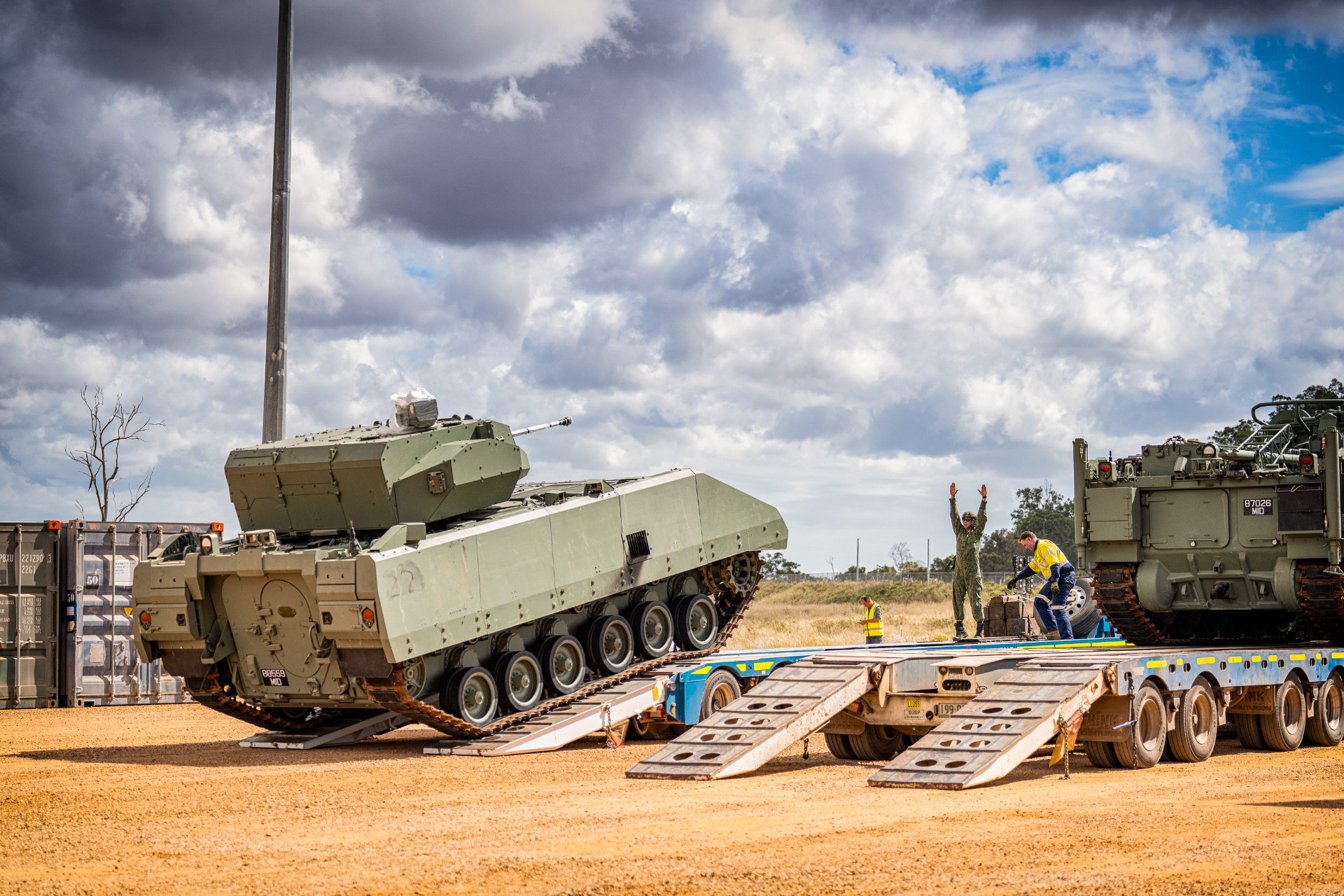
First in, last out at Ex Wallaby 2025
06 Nov 2025
Meet the teams who toil behind the scenes to enable the smooth conduct of the SAF’s biggest unilateral overseas exercise.
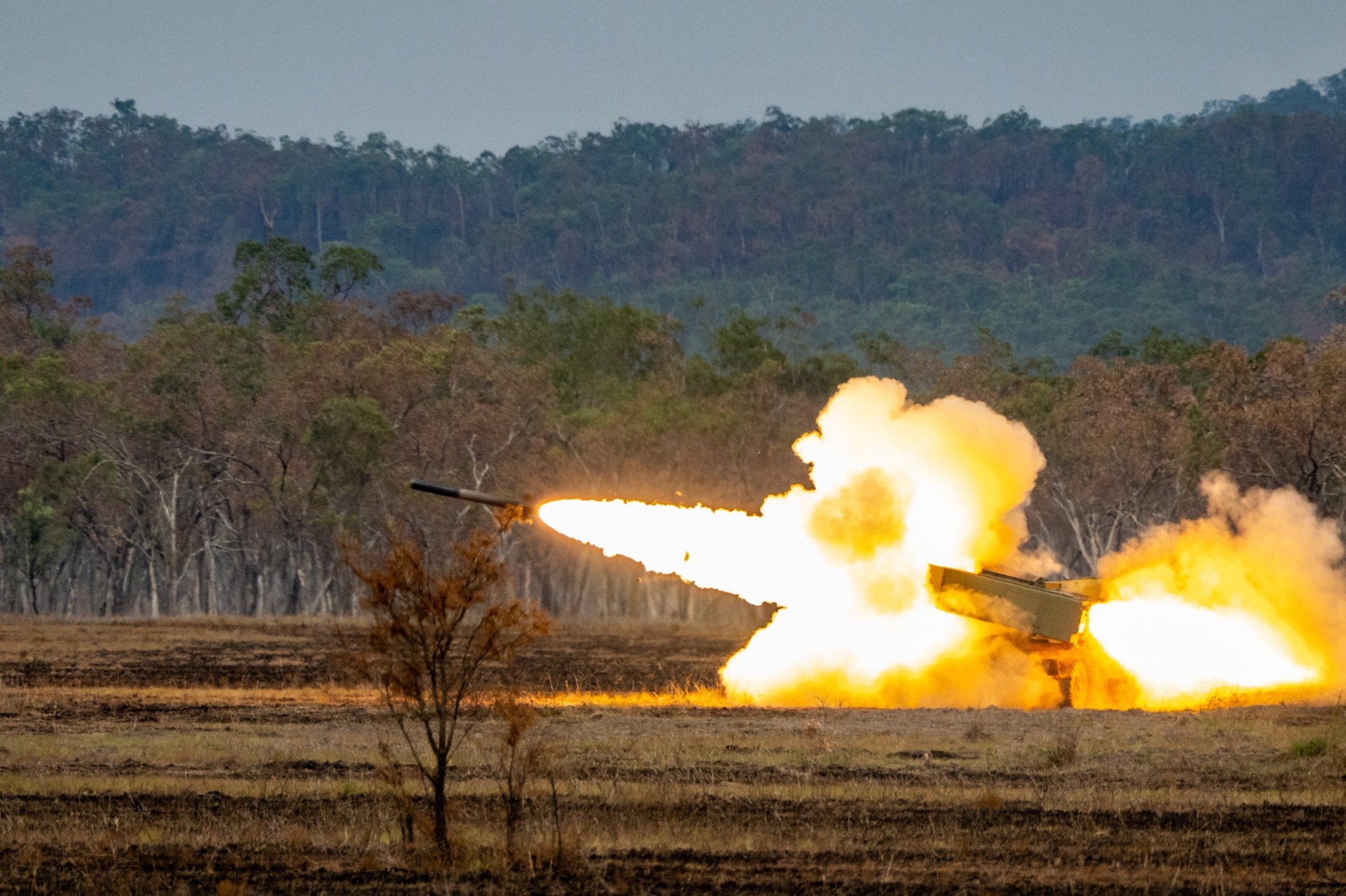
Exercise Wallaby 2025: To see better, shoot faster
31 Oct 2025
The SAF focuses on complex strike missions and multi-domain integration in Exercise Wallaby 2025, the 35th edition of its largest unilateral overseas exercise.
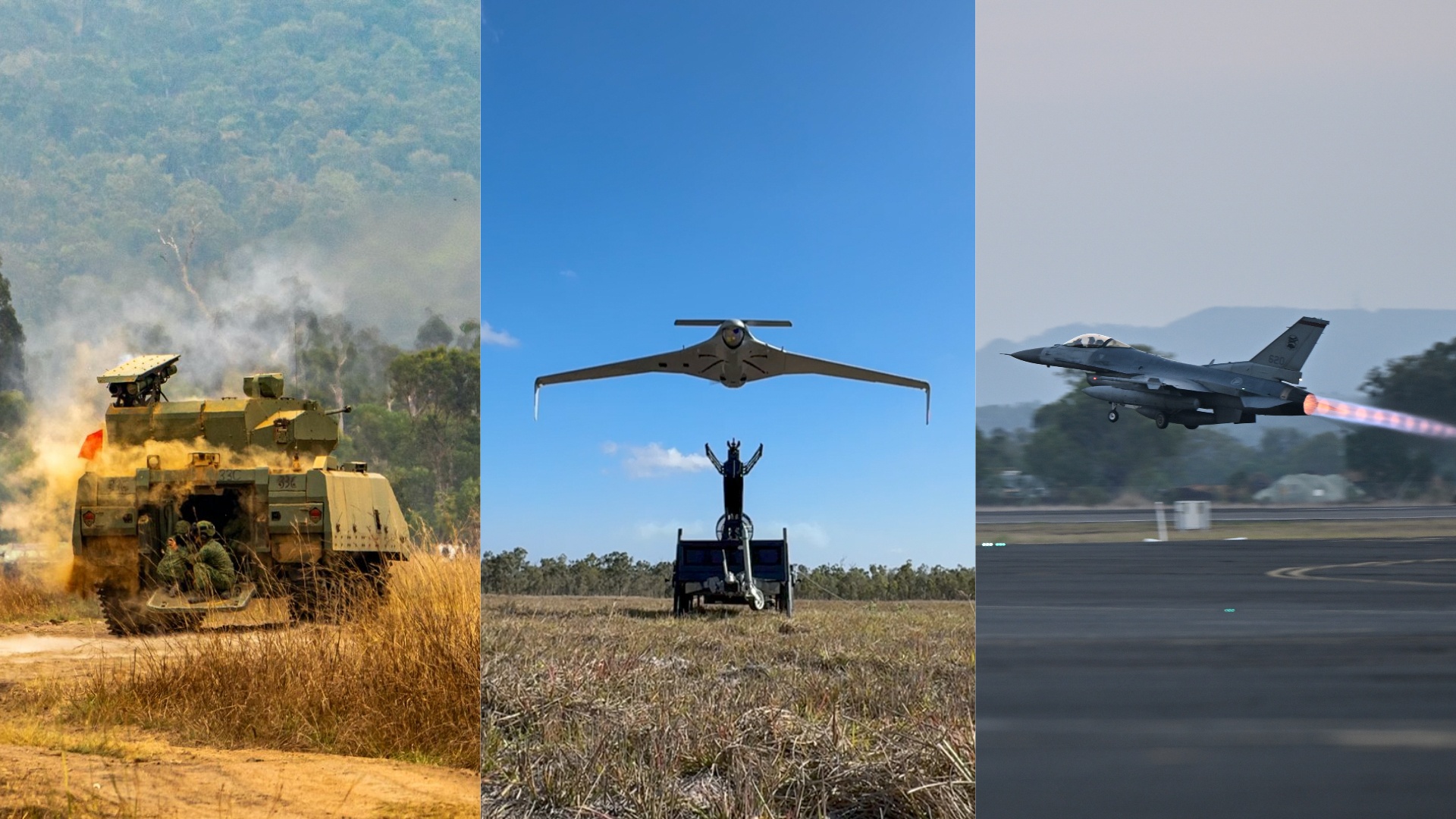
Ex Wallaby 25 – Greater Integration and Complexity
25 Oct 2025
The 35th edition of the SAF’s largest unilateral overseas exercise is an opportunity for expanded scale and deeper integration towards an effective, networked fighting force.



